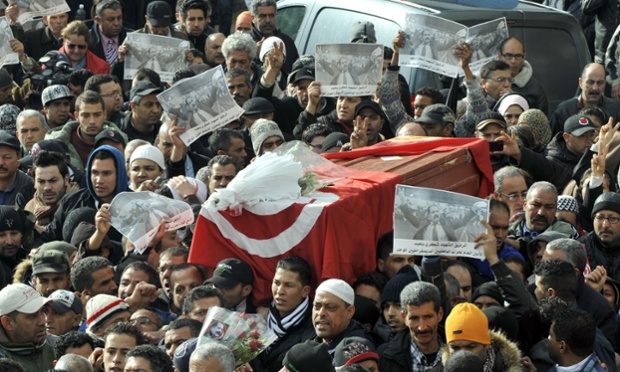By Justin Dorman
Impunity Watch Reporter, Middle East
KUWAIT CITY, Kuwait– Kuwait considers itself to be in the forefront of providing human rights and freedom of speech in the Middle East. Nevertheless, if one happens to say something that would “offend the emir,” then one has committed a violation that could potentially result in a five year prison sentence.

This past week, at least four individuals, three of which were former members of parliament, were convicted in court for “offending the emir,” Shaikh Sabah al-Ahmad al-Sabah. The three former parliament members were Islamists Falah al-Sawwagh and Bader al-Dahum and populist Khaled al-Tahus. Each got received a three year prison sentence with their conviction.
The fourth individual to be convicted for “offending the emir” was a youth activist named Mohammad Eid al-Ajmi. Ajmi received the maximum five year sentence for a statement he made on the popular social networking site Twitter.
The three former parliament members were all arrested in October at a protest in opposition of the emir. The protest was in reaction to alterations the emir made in the voting system just six weeks prior to the election.
In Kuwait’s constitution, it is declared that the emir is “immune and inviolable,” hence it is illegal to criticize him. Kuwait’s government has stated on multiple occasions that it is all for free speech, however, it must act against such improper statements about the emir.
Since October, twenty five people have been charged with offending the emir. Of the twenty five, six so far have had to face jail terms.
Numerous groups including the U.S. government, Amnesty International, Human Rights Watch, and domestic groups like the Kuwait Society for Human Rights have criticized the recent behavior of Kuwait’s government with respect to free speech and freedom of association.
U.S. State Department spokeswoman Victoria Nuland stated that, “we. . .oppose laws that curb the peaceful exercise of free expression.”
Amnesty International highlighted Kuwait’s increase on restrictions and pleaded that the country protect users of social media.
Nadim Houry, the deputy director of the Middle East region for Human Rights Watch went as far as to say that, “sending politicians to prison for criticizing the ruler is at odds with official claims that Kuwait is a beacon of freedom in the Gulf.”
Mohammad al-Humaidi, the director of the Kuwait Society for Human Rights called for, “the government to expand freedoms and adhere to the international (human rights) conventions it has signed.”
For further information, please see:
Gulf News – End Jail Terms Over Offences to Rule, Human Rights Watch Says – 8 February 2013
Human Rights Watch – Kuwait: Quash Convictions for ‘Offending Emir’ – 7 February 2013
Arabian Business- Kuwait Jails Former MPs for Criticising Emir – 6 February 2013
Radical Islam – Kuwaiti Youth Gets Five Years for Insulting Emir – 5 February 2013



